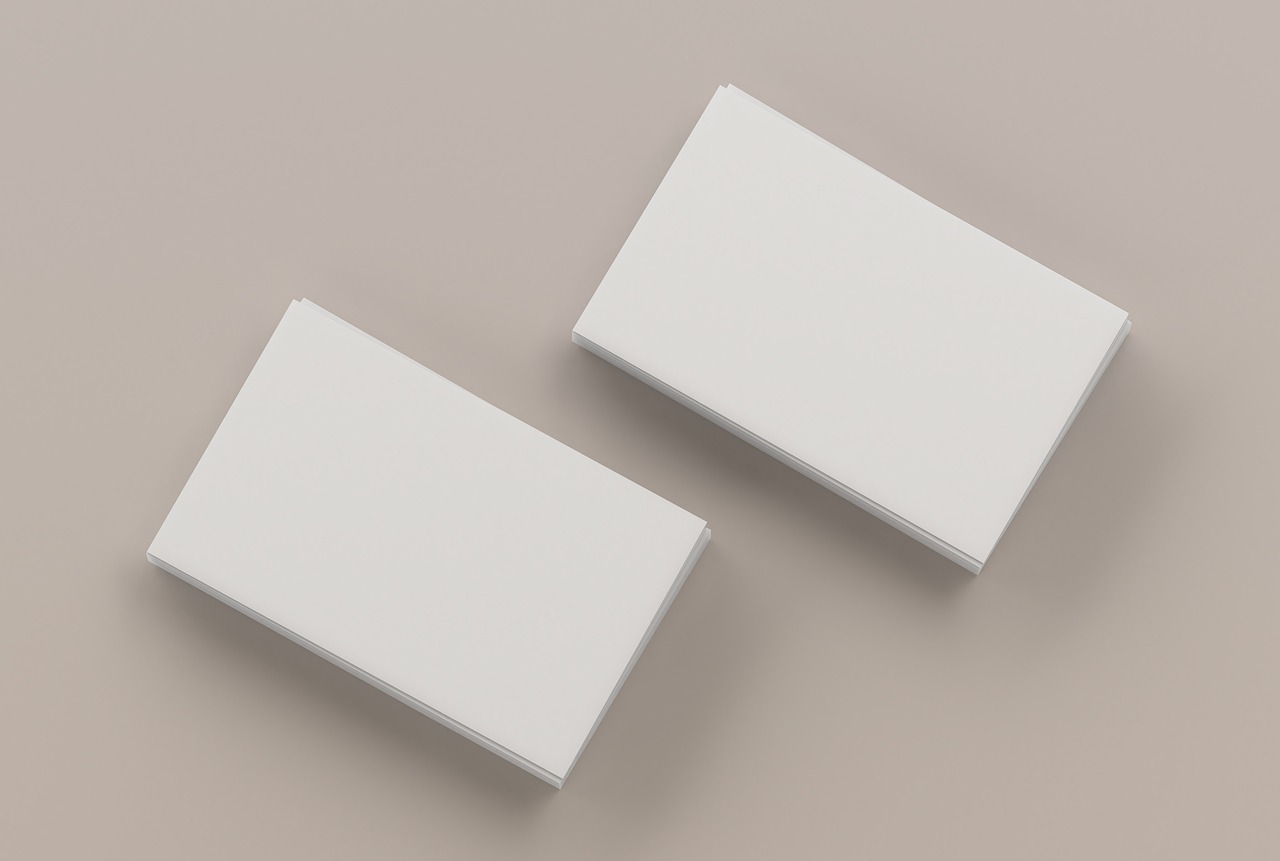Business Review: CRM Solutions for Building Material Manufacturers
allpannel, laserbook247 com, 247betbook:CRM Solutions for Building Material Manufacturers
In the competitive world of building material manufacturing, it’s crucial for companies to stay ahead of the curve when it comes to managing customer relationships. Customer relationship management (CRM) solutions offer a comprehensive way for businesses to track interactions with clients, streamline processes, and ultimately improve sales and customer satisfaction.
Why CRM Solutions Are Essential for Building Material Manufacturers
Building material manufacturers face unique challenges when it comes to managing customer relationships. With a wide range of products, distribution channels, and customer segments, keeping track of interactions and preferences can be a daunting task. This is where CRM solutions come in.
CRM software allows manufacturers to centralize customer data, track sales leads, and analyze customer behavior. By providing a single source of truth for customer interactions, CRM solutions help manufacturers identify opportunities for upselling, cross-selling, and personalized marketing campaigns. Additionally, CRM solutions provide insights into customer preferences, allowing manufacturers to tailor their offerings to meet specific needs.
Key Benefits of CRM Solutions for Building Material Manufacturers
1. Streamlined Customer Data Management: CRM solutions eliminate the need for manual data entry and provide a centralized database for customer information. This allows manufacturers to access up-to-date customer data, track interactions, and ensure consistency across departments.
2. Improved Sales and Marketing Alignment: CRM solutions enable seamless communication between sales and marketing teams, ensuring that leads are properly nurtured and passed on to the sales team at the right time. This alignment leads to increased sales productivity and higher conversion rates.
3. Enhanced Customer Service: By tracking customer interactions and preferences, CRM solutions enable manufacturers to provide personalized customer service. Whether it’s addressing a customer complaint or offering product recommendations, CRM software helps manufacturers deliver a superior customer experience.
4. Better Forecasting and Reporting: CRM solutions provide valuable insights into sales performance, customer behavior, and market trends. Manufacturers can use these insights to make informed decisions, predict future sales trends, and optimize their business processes.
5. Increased Efficiency and Productivity: CRM solutions automate repetitive tasks, such as data entry and follow-up reminders. This not only saves time but also improves efficiency, allowing manufacturers to focus on strategic initiatives and customer relationships.
6. Mobile Access: Many CRM solutions offer mobile applications, allowing sales teams to access customer data, update information, and track leads on the go. This flexibility ensures that sales representatives are always equipped with the latest information, even when they’re out in the field.
Choosing the Right CRM Solution for Your Building Material Manufacturing Business
When selecting a CRM solution for your building material manufacturing business, it’s essential to consider your unique needs and requirements. Here are some key factors to keep in mind:
1. Scalability: Ensure that the CRM solution can grow with your business and accommodate an increasing volume of customer data and interactions.
2. Integration Capabilities: Look for a CRM solution that integrates seamlessly with your existing systems, such as ERP software, inventory management tools, and marketing automation platforms.
3. Customization Options: Choose a CRM solution that can be customized to meet your specific business processes and requirements. This will ensure that the software aligns with your workflows and provides maximum value.
4. User-Friendly Interface: A user-friendly interface is crucial for adoption and user engagement. Select a CRM solution that is easy to navigate, intuitive to use, and provides a positive user experience.
5. Customer Support: Consider the level of support offered by the CRM provider, including training, onboarding assistance, and ongoing technical support. A reliable customer support team can help maximize the benefits of your CRM solution.
6. Pricing: Evaluate the cost of the CRM solution, including upfront fees, ongoing maintenance costs, and potential additional charges for add-on features. Choose a solution that fits within your budget while providing the necessary functionalities.
7. Security: Ensure that the CRM solution offers robust security features, such as data encryption, access controls, and regular security updates. Protecting customer data is paramount in today’s digital landscape.
FAQs
Q: How can CRM solutions help building material manufacturers increase sales?
A: CRM solutions provide valuable insights into customer behavior, preferences, and buying patterns, allowing manufacturers to identify opportunities for upselling, cross-selling, and targeted marketing campaigns. By leveraging this data, manufacturers can increase sales and drive revenue growth.
Q: Can CRM solutions help manufacturers improve customer retention?
A: Absolutely. CRM solutions enable manufacturers to provide personalized customer service, address customer needs and preferences, and build long-lasting relationships. By delivering a superior customer experience, manufacturers can improve customer satisfaction and retention rates.
Q: How can CRM solutions benefit sales and marketing alignment?
A: CRM solutions facilitate seamless communication between sales and marketing teams, ensuring that leads are properly nurtured and passed on to the sales team. This alignment leads to improved collaboration, higher conversion rates, and ultimately, increased sales.
Q: What role does mobile access play in CRM solutions?
A: Mobile access allows sales teams to access customer data, update information, and track leads on the go. This flexibility ensures that sales representatives are always equipped with the latest information, enabling them to make informed decisions and drive sales from anywhere.
Q: How can building material manufacturers ensure data security with CRM solutions?
A: To ensure data security, manufacturers should select a CRM solution that offers robust security features, such as data encryption, access controls, and regular security updates. Additionally, manufacturers should train employees on best practices for data protection and implement strict data privacy policies.
In conclusion, CRM solutions are essential for building material manufacturers looking to improve customer relationships, increase sales, and drive business growth. By selecting the right CRM solution and leveraging its capabilities, manufacturers can streamline processes, gain valuable insights, and deliver a superior customer experience. To stay competitive in the ever-evolving building materials industry, investing in a CRM solution is a strategic decision that can yield significant benefits in the long run.







